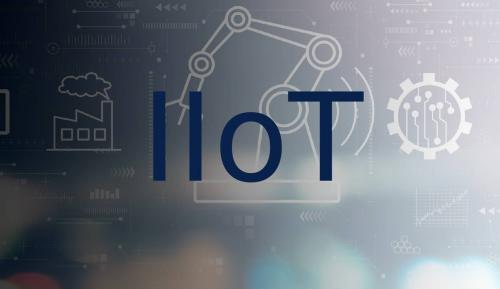Future of Manufacturing with IIoT (Industrial Internet of Things)

The Industrial Internet of Things (IIoT) is poised to revolutionize manufacturing in numerous ways, offering increased efficiency, productivity, and flexibility. Here are some ways IIoT is expected to affect manufacturing in the future:
1. Predictive Maintenance: IIoT enables manufacturers to monitor equipment in real-time, allowing them to predict when machinery is likely to fail. This proactive approach reduces downtime and maintenance costs by scheduling repairs before breakdowns occur.
2. Optimized Production Processes: IIoT sensors gather vast amounts of data on production processes, enabling manufacturers to optimize workflows, reduce waste, and improve overall efficiency. This data-driven approach enhances decision-making and streamlines operations.
3. Supply Chain Optimization: IIoT facilitates end-to-end visibility in the supply chain, from raw material sourcing to distribution. Manufacturers can track inventory levels, monitor shipments, and identify bottlenecks to ensure seamless operations and minimize disruptions.
4. Quality Control: IIoT sensors monitor product quality in real-time, detecting defects and deviations from specifications early in the production process. This allows manufacturers to implement corrective measures promptly, ensuring consistent quality and reducing waste.
5. Remote Monitoring and Control: IIoT enables remote monitoring and control of manufacturing processes, allowing operators to oversee operations from anywhere with an internet connection. This capability enhances flexibility, facilitates remote troubleshooting, and enables better resource allocation.
6. Customization and Personalization: IIoT enables mass customization by providing manufacturers with insights into individual customer preferences and market trends. This allows for the production of personalized products on a large scale, meeting the diverse needs of consumers while maintaining efficiency.
7. Energy Efficiency: IIoT helps manufacturers optimize energy usage by monitoring consumption patterns and identifying areas for improvement. By implementing energy-saving measures and leveraging renewable energy sources, manufacturers can reduce costs and minimize their environmental footprint.
8. Data Analytics and Machine Learning: IIoT generates vast amounts of data that can be analyzed to extract valuable insights using advanced analytics techniques such as machine learning. These insights can drive continuous improvement initiatives, enhance predictive capabilities, and uncover new opportunities for innovation.
Overall, IIoT holds the potential to transform manufacturing by enabling greater connectivity, automation, and intelligence throughout the production process. Embracing IIoT technologies can help manufacturers stay competitive in an increasingly dynamic and digital-driven marketplace.
Advertise on APSense
This advertising space is available.
Post Your Ad Here
Post Your Ad Here
Comments